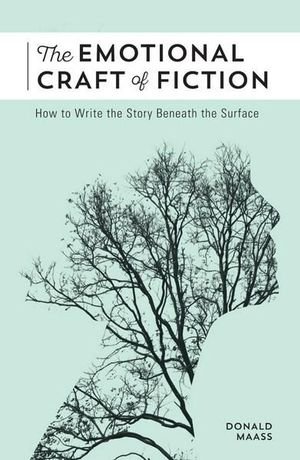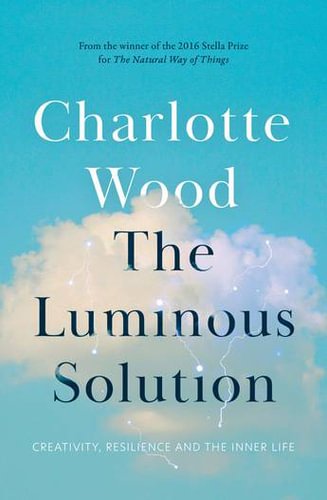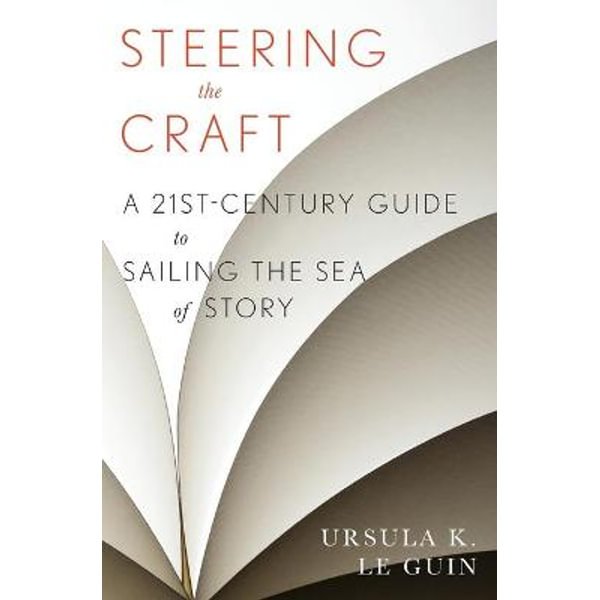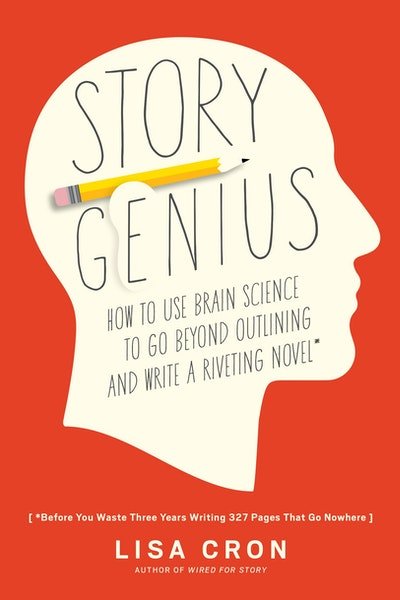Writing Resources
I always enjoy hearing about what has helped other creatives. On this page, I share a few books that helped light the path, and then a few thoughts on writing too.
Some thoughts on writing:
Every writer is different in their practice and habits. These are just a few thoughts on what works for me, all highly specific to my personality. Through trial and error, find what works for you. I'm discovering that what works for one project doesn't necessarily work for another. For instance, my first novel I wrote entirely by hand, early in the morning. My second is typed and done at all hours, day or night. We change and our process changes too.
That being said, this is what works for me:
Practical tips:
My phone can't be near me when I'm writing - I'm way too distractable.
I write first drafts by hand. [Edit: See intro note above!]
I usually unplug the modem if I'm editing or writing on my computer.
I believe there’s some kind of magic in doing Morning Pages, as set out by Julia Cameron in The Artist’s Way: 3 pages, non-stop, by hand. Give yourself permission to write absolutely anything you want in them, even if it means you destroy them at the end. Let yourself be free on the pages, you’ll be surprised by what comes out.
Generative writing: set a time for 7 mins, put your phone on aeroplane mode and use a generative writing topic just to get you going. I learnt this from the writer and teacher Sarah Sentilles, and many of the favourite parts of my novel were written in her workshops. There’s also a lot of prompts in Writing Down the Bones by Natalie Goldberg (see above), you can also keep a list in the back of a notebook of quotes or ideas. Use that as a starting point and go, eg a line from a book you’ve read or start every line with the same phrase.
Learn how to rest.
Learn how to wait.
Broader ideas:
I think a general curiosity about life shows up on the page. Being interested in people and ideas, and seeking out different experiences, is not just good for you as a writer, but good for you as a person.
Never be discouraged if you have a messy first draft; that’s usually just you telling yourself the story. You’ll shape it for a reader when you edit. (Unless you are someone who edits while you write!)
Accept yourself as you are. You face yourself when you write, so the clearer your relationship is with yourself, the clearer you can speak to the reader.
Resist the temptation to share your writing too early, or with people who won’t treat it as tenderly as it needs to be in the early stages. Find people who will lovingly give you feedback and nudges in the right direction until you are ready for more rigourous feedback. My dear friend read endless drafts of my book and would just make tiny suggestions. Protect your work.
When people say “write what you know”, it sounds simple but I think what it means is – write from the truth of your experience. Start there, regardless of the genre of what you are writing.
Go to where the *heat* is (as coined by Charlotte Wood - see more in her book above). Essentially when you are editing, if it’s dead on the page to you, just cut it. Don’t be afraid that you don’t have enough words.
Figure out what kind of writer you are and don’t listen to advice. I need total formless freedom to find my gold, my friend needs a spreadsheet. Know what works for you.
Find your people! Actively seek out writing friends, even if you never share work with each other. My closest writing friends are my safe bubble to talk about the process with, and we rarely share or edit each others work. I found mine in classes and at writing centres.
Let yourself find the joy in it. It’s there. Most drafts start off pretty ordinary but don’t stop because your skill hasn’t caught up to your taste yet. I always tell myself it’s easier to edit than write. One day you’ll catch yourself laughing at your own work, or crying, and realise why you were doing it all along.
If you'd like to hear more of these kinds of ideas, sign up to my new free newsletter called One Sentence at a Time about creative practice.











